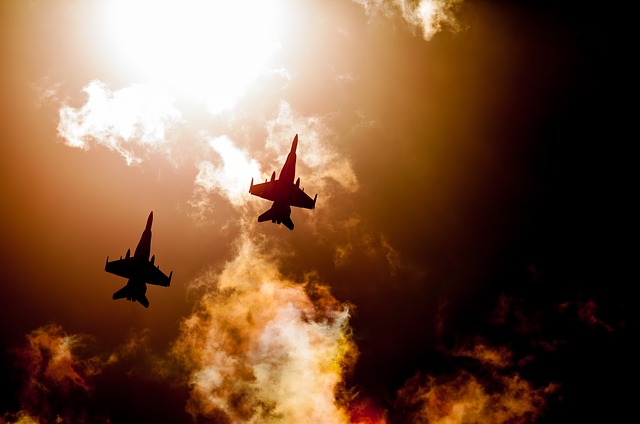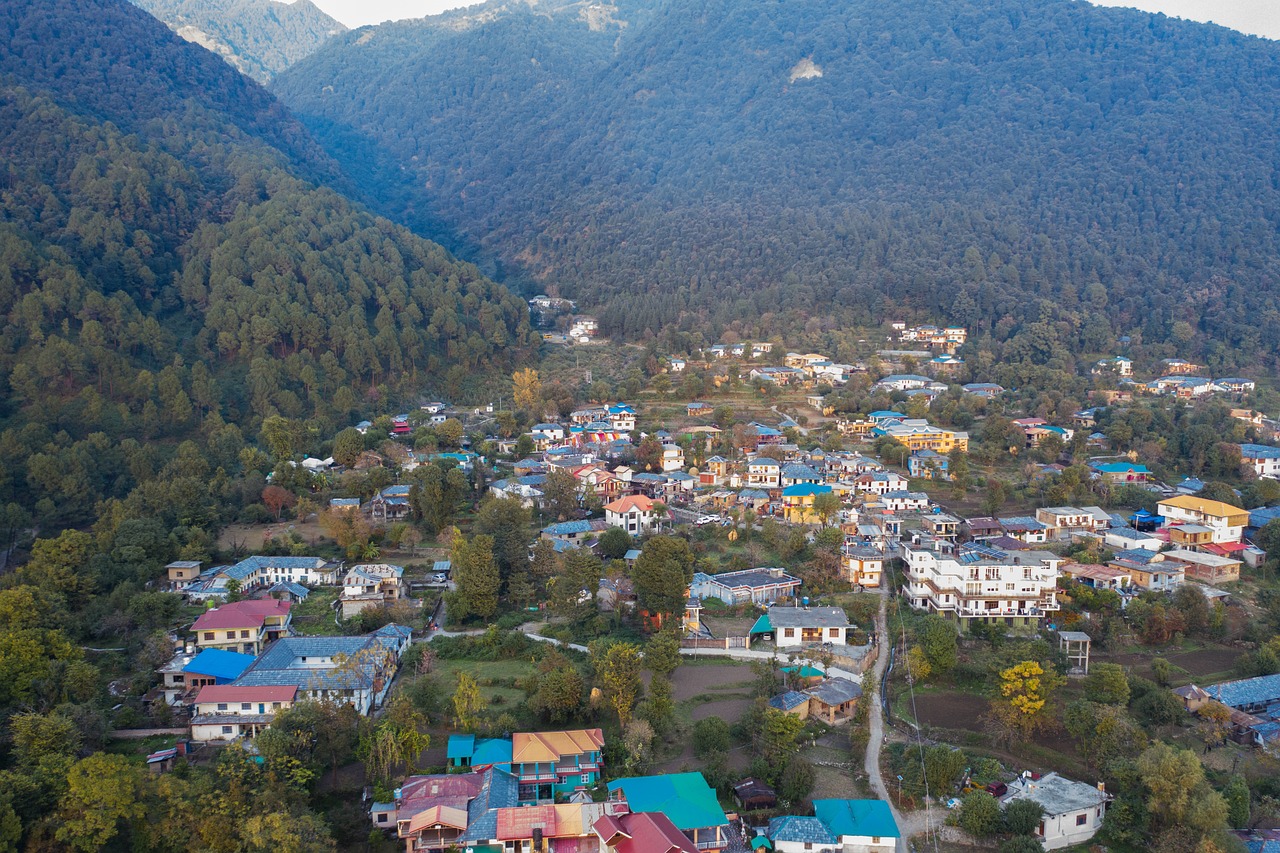The long-standing conflict between Israel and Iran has entered a dangerous new phase, with recent military strikes and hostile rhetoric marking a sharp escalation. The situation, already volatile, is becoming increasingly precarious as both sides engage in more aggressive actions.
Iran’s Missile and Drone Attack
In one of the most intense attacks in recent memory, Iran launched a massive missile and drone strike on Israel. The assault involved over 300 missiles and drones, including 120 ballistic missiles and 170 drones. This attack was reportedly in retaliation for the deaths of several high-ranking leaders from Hamas and Hezbollah, groups that Iran supports in the region. Despite the scale of the assault, Iran insists it does not want war but aims to send a strong message to Israel, emphasizing deterrence rather than all-out conflict.
Israel’s Retaliation and Future Moves
Israel responded with a vow to strike back decisively. Military officials declared that “all options are on the table,” raising the possibility of targeting Iran’s strategic assets. The threat of Israeli retaliation has further heightened tensions, with Iran warning that it could deliver an “unconventional response” if Israel escalates its military actions. This has left the region on edge, as both nations prepare for potential further strikes and counterstrikes.
Historical Context: A Long-Running Rivalry
The animosity between Israel and Iran has deep roots. Tensions significantly worsened after the 1979 Iranian Revolution, which transformed Iran into an ideological opponent of Israel and a vocal supporter of Palestinian causes. Since then, both nations have clashed directly and through proxies, with Hezbollah and Hamas often acting as Iran’s allies in the region. This historical backdrop explains the deeply entrenched hostility and the high stakes in the current standoff.
Potential for Broader Conflict
As both Israel and Iran prepare for potential military escalations, the possibility of a broader regional conflict looms large. With other key players like Hezbollah involved, the conflict could quickly spread beyond the borders of Israel and Iran, reshaping the entire geopolitical landscape of the Middle East. This has sparked concern in the international community, as many fear the instability could draw in other nations or lead to a protracted war.
Looking Ahead
In the coming days, the world will be closely watching whether diplomatic efforts can cool the heated situation or whether military actions will continue to spiral out of control. The stakes are incredibly high, as the outcome of this conflict could redefine regional alliances and security for years to come.
Brief Overview of Tensions Between Israel and Iran
Tensions between Israel and Iran have escalated recently, with Iran launching over 300 missiles and drones at Israel, reportedly in retaliation for the killing of key Hamas and Hezbollah leaders. Israel has vowed to respond, with military officials indicating that “all options are on the table.” The conflict, rooted in deep historical hostility dating back to the 1979 Iranian Revolution, has the potential to grow into a broader regional war. With both nations poised for further action and threats of “unconventional responses” from Iran, the situation remains highly dangerous, and the international community is on high alert.























































